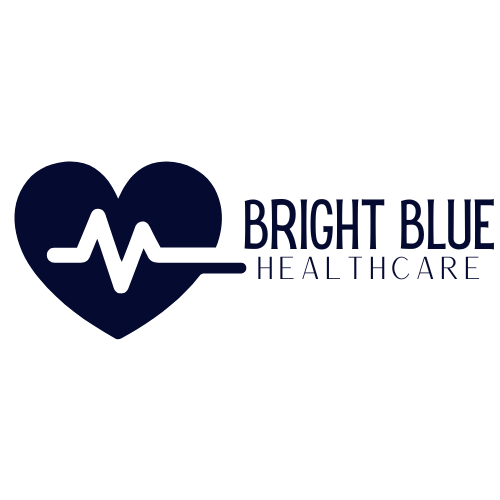As medical professionals, we are tasked with the tremendous responsibility of ensuring the health and well-being of our patients. To fulfill this noble duty, it is crucial that we understand and appreciate the importance of health care, recognizing its significant impact on both individuals and society as a whole. In this article, we will explore the various aspects of health care, its significance for medical professionals, and the pursuit of excellence in this field.
Introduction to Health Care
Health care encompasses a vast range of services, systems, and professionals dedicated to maintaining and improving overall health. It includes preventive, curative, rehabilitative, palliative, and promotional interventions to address both physical and mental well-being. In today’s complex and dynamic healthcare landscape, medical professionals collaborate across interdisciplinary lines, ensuring comprehensive and patient-centered care.
The Role of Health Care for Medical Professionals
Medical professionals serve as the cornerstone of health care, utilizing their expertise and skills to diagnose, treat, and care for patients. Whether they are doctors, nurses, pharmacists, or allied health professionals, their contribution is pivotal in promoting positive health outcomes. Here are some key areas where health care is fundamental for medical professionals:
1. Effective Patient Management
Health care systems provide medical professionals with frameworks and procedures to effectively manage patients. From initial assessment and diagnosis to treatment and follow-up care, these systems optimize patient flow, improve clinical decision-making, and enhance overall patient outcomes. By leveraging health care resources, medical professionals can deliver timely and evidence-based care, ensuring the highest standards of practice.
2. Continuous Professional Development
Health care offers medical professionals ample opportunities for continuous learning and development. It provides access to medical literature, research advancements, and clinical guidelines, empowering practitioners to stay updated and deliver the best possible care. Moreover, health care facilitates extensive training programs, conferences, and workshops, fostering professional growth and specialty development.
3. Collaborative Care
Effective health care relies on collaboration among diverse medical professionals. By working in multidisciplinary teams, medical professionals can combine their expertise, perspectives, and skills to provide holistic care. This collaborative approach enhances clinical decision-making, reduces medical errors, and improves patient satisfaction. Health care systems play an integral role in fostering such collaborations and optimizing patient outcomes.
4. Ethical and Legal Frameworks
Health care is underpinned by strong ethical and legal frameworks that guide medical professionals in their practice. These frameworks ensure that professionals maintain high standards of conduct, respect patient autonomy, and preserve confidentiality. Health care systems provide medical professionals with ethical guidelines, protocols, and legally binding regulations that enable them to navigate complex situations and make principled decisions.
Pursuing Excellence in Health Care
To fulfill their commitment to patients, medical professionals must strive for excellence in health care delivery. Pursuing excellence involves several key elements:
1. Patient-Centered Care
Excellence in health care begins with an unwavering focus on the patient. By prioritizing the unique needs, values, and preferences of each patient, medical professionals can deliver personalized care. Effective communication, empathy, and shared decision-making are essential components of patient-centered care, ensuring that medical interventions align with patients’ goals and aspirations.
2. Evidence-Based Practice
Excellence in health care necessitates the integration of the latest medical evidence into practice. By staying abreast of evolving research, medical professionals can make informed decisions and provide the most effective treatments available. This commitment to evidence-based practice ensures that patients receive care that aligns with current best practices and optimizes health outcomes.
3. Continuous Quality Improvement
To achieve excellence, health care professionals must engage in continuous quality improvement. By critically evaluating their practice, seeking feedback, and embracing a culture of lifelong learning, medical professionals can identify areas for growth and implement necessary changes. This commitment to quality improvement fosters ongoing professional development and supports the optimization of patient care.
4. Embracing Innovation and Technology
As health care continues to evolve, embracing innovation and technology is paramount for excellence. Medical professionals should be open to integrating new tools, techniques, and technologies into their practice. Electronic health records, telemedicine, and advanced diagnostic equipment are just a few examples of innovations that can enhance the delivery of care and improve patient outcomes.
Conclusion
Health care is the foundation upon which medical professionals build their careers. By recognizing its significance and understanding the various roles it plays, medical professionals can make the most of the resources and frameworks available. With a commitment to excellence, embracing patient-centered care, evidence-based practice, continuous quality improvement, and innovation, medical professionals can fulfill their duty to provide the best possible care to their patients and contribute to the advancement of health care as a whole.





